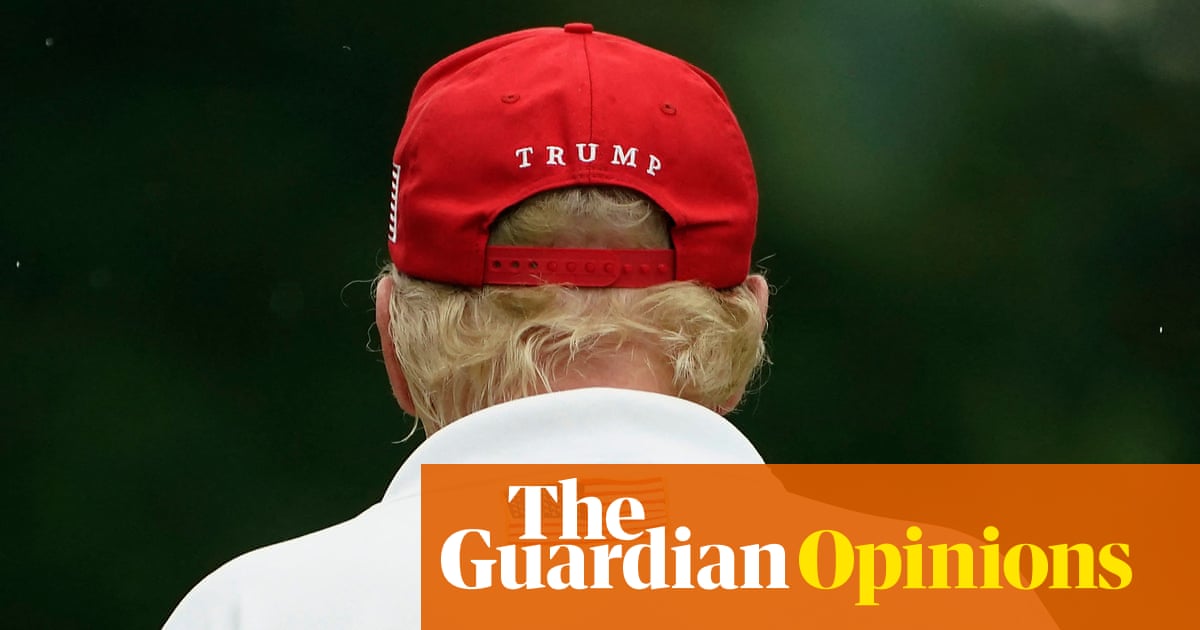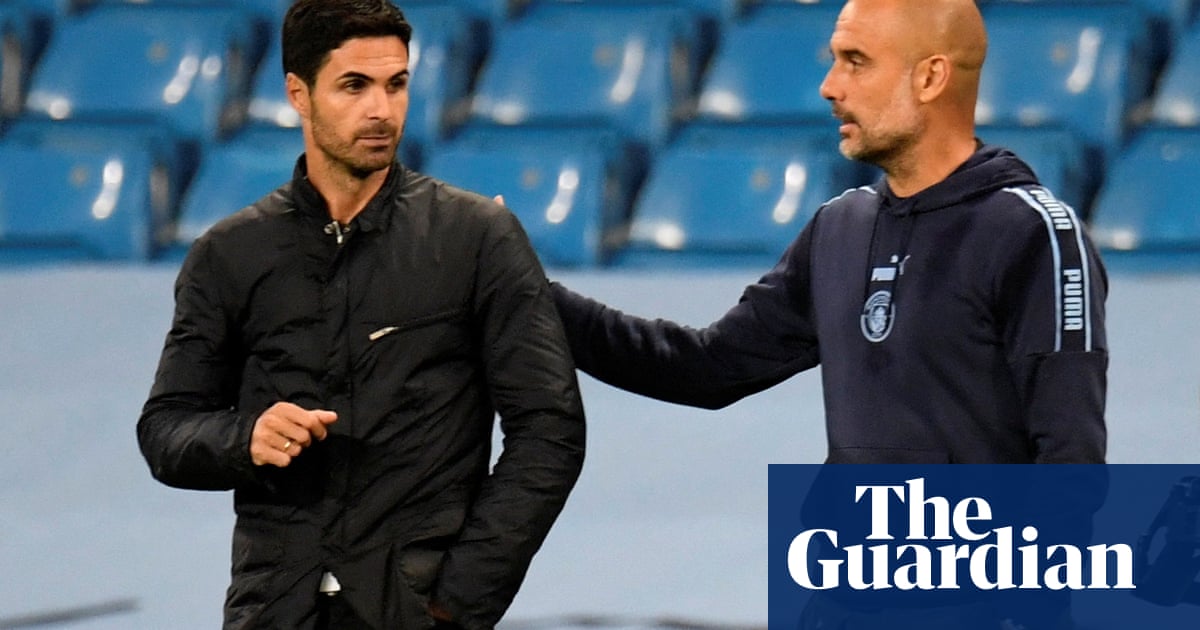
Iran may be at a crossroads. Three factors, if they fall into alignment, can mean a better future for Iran and a better Iran for its neighbors and for the West: A new and better nuclear deal under a Biden presidency, a true reformist Iranian presidency that can implement the necessary changes, and the eclipse of Supreme Leader Ali Khamenei, a patronizing figure who has preserved Ayatollah Khomeini’s hard line over the years.
There are rumors in Tehran that Foreign Minister Mohammad Javad Zarif may run for president. Though the hardliners have won the parliamentary elections, there is a window for Zarif to win in the June presidential elections. He is a popular figure among the reformists in Iran, and trusted in Western circles. Zarif made his name by clinching the landmark 2015 nuclear deal with the Obama administration, and returned to Iran to be received by the crowds as a hero. Donald Trump’s withdrawal from the deal gave the hardliners, represented by the Islamic Revolutionary Guard Corps and their supporters, an argument against Zarif.
Khamenei reluctantly accepted the deal under popular pressure but at heart he opposed it, and did not want it extended to the economic or political realm. In Trump he found an indirect ally who helped him reinforce his anti-US narrative. The US withdrawal generated public anger directed at Zarif and drove Rouhani to take hardline positions. However, people who want change in Iran know that Zarif is their best bet, especially since Rouhani has served two consecutive terms and cannot run again.
Zarif, US-educated and holder of a Ph.D. from the University of Denver, is not trusted by hardliners who despise the US and all it represents. The Iranian parliament has even introduced legislation to prevent dual nationals or holders of US “green cards” from running for president, claiming it creates a conflict of interests. The bill is rumored to target Zarif to prevent him from running for president, but he has denied having dual nationality or even having applied for a green card.
If Khamenei leaves the scene and Zarif rises to the presidency, changes that reformists have promised the Iranians and the West become feasible.
Dr. Dania Koleilat Khatib
The ailing Khamenei is another factor. Despite official denials, the 81-year-old supreme leader has been suffering from poor health for years, and there are reports that he has been grooming his son Mojtaba to take his place. However, the son has neither the clout nor the following of Ali Khamenei, and it would be difficult for him to fill his father’s shoes. Though Iran has a structured bureaucracy and hierarchy that can outlive individuals, maintaining the ideology’s grip on the system requires a high-powered figure with charisma and a large following.
If Khamenei leaves the scene and Zarif rises to the presidency, changes that reformists have promised the Iranians and the West become feasible. It would then be more realistic to talk to Iran about pacifying its proxies in the region and pushing them to engage in political settlements instead of malign armed activities. For example, Zarif is no fan of Bashar Assad and his vicious behavior in Syria; in February 2019 the foreign minister offered his resignation because he had been excluded from a high-level meeting when Assad visited Tehran. Zarif withdrew his resignation after Khamenei asked him to do so in the national interest.
Joe Biden will become the 46th US president on Jan. 20. From then until the Iranian presidential elections in June, he must strike a delicate balance — taking steps that will help Zarif in a presidential bid, while avoiding Obama’s mistakes in facilitating unbridled Iranian meddling in the region. It is a difficult task. Biden needs to take policy decisions that will materialize in increased economic prosperity for the average Iranian, who will come to appreciate again the value of opening up Iran and will be encouraged to vote for a reformist Zarif. At the same time, the US must ensure that the economic benefits from lifting sanctions do not end up financing militias around the region.
Returning to the treaty will not be as easy and “automatic” as the three executive orders that Zarif alluded to a month ago. It will be an uphill battle for Biden, who may not have the Senate on his side if the Democrats fail to win both Georgia seats in a run-off election in January. After the 2015 agreement, John Kerry admitted that some of the funds released by the lifting of sanctions would go to terrorist groups, and the US had no control over that. The Biden administration cannot afford that mistake. It must ensure that the funds released do not go to the Revolutionary Guards and their regional proxies, but rather are invested in the Iranian economy. It will be a tedious task and hardliners will contest it as a breach of Iranian sovereignty, but it will probably receive popular support inside Iran as the average Iranian is more concerned with their own welfare than with supporting groups in Syria, Iraq, Lebanon and Yemen.
If all these stars are aligned, there is a window with Iran that the US and its Arab Gulf allies should not miss, as they did when Mohammad Khatami was president from 1997 to 2005. A reformist and a philosopher, Khatami showed willingness to reinterpret the revolution and start a cooperative relationship with the US, and thus with Iran’s Arab neighbors. His entire narrative to the Iranian people was based on opening up Iran, but Khatami was faced with the stubbornness of George W. Bush, the belligerence of US neo-conservatives who insisted on regime change, and the reluctance of Arab Gulf countries. He lost in 2005 to hardliner Mahmoud Ahmadinejad and the world lost an opportunity for a reformed, peaceful Iran. As Napoleon said, space can be re-conquered once lost, but not time. We should not lose the moment with Iran again.
Dr. Dania Koleilat Khatib is a specialist in US-Arab relations with a focus on lobbying. She is co-founder of the Research Center for Cooperation and Peace Building, a Lebanese NGO focused on Track II. She holds a Ph.D. in politics from the University of Exeter and is an affiliated scholar with the Issam Fares Institute for Public Policy and International Affairs at the American University of Beirut.
Disclaimer: Views expressed by writers in this section are their own and do not necessarily reflect Arab News" point-of-view












